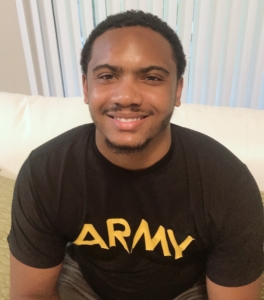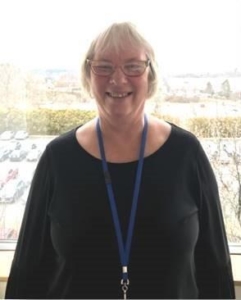Sexual Assault Could Happen to Anyone
Written by: James Meadours, a person with intellectual disability who has been doing advocacy work for many years in the self-advocacy movement
This month is Sexual Assault Awareness Month, and it makes me think about when I was sexually assaulted as a teenager. When I got assaulted the first time, the girls made me have sex with them, but other times it was touching me and fondling me. They made me go into the backyard where it was muddy and I got dirty. My mom asked why I was dirty, and I told her I was playing football. I felt like the girls stole something from me, like a piece of me was stolen from my body. They stole my innocence.
My self-esteem was very low, and I was afraid to tell anyone. I thought about running away from home, but I had no money. I was forced to be the man of the house and was hurt mentally and physically by family members. I was afraid to tell my family what happened since they were hurting me too.
I moved to a new state and didn’t know who I could talk to. I tried to find a place of worship in Baton Rouge, but they talked down to me and I did not feel welcomed. I feel like I hit a wall. I didn’t have the same connection as I did in Oklahoma with the church.
I was assaulted again when a sex worker took advantage of me, and I didn’t know how to ask for help. She tricked me into thinking it was a relationship but then she asked me for money.
My last sexual assault was also in Baton Rouge when I went to LGBTQ church service and met someone who I thought wanted to be my friend. His name was Jay. I told him I was straight through the phone TDD service because he was deaf. I thought I found a new friend. When he came to my apartment, he instantly did something that scared me and he made me do sexual things and he raped me. I tried to get him to stop by signing NO! over and over. I told him I am not gay and didn’t want that, but he forced me do things like the girls did to me when I was a teenager. Again, I felt like a big part of me was missing. Someone stole my innocence from me again. I decided to step outside my comfort zone to tell my boss and two friends, and they helped me get the help I needed. My boss called 211 and a colleague of mine took me to the hospital where I saw a sexual assault nurse examiner, Ms. Wanda. I pressed charges and Jay was arrested.
It’s been hard to have a relationship since going through this. I did find someone to be with before the rape, but we broke up. It took a year to recover from losing her. Finding a soulmate has been a big challenge ever since then. I am almost 60 years old now and I’m getting older. I do not want to be alone in my later years.
With those experiences behind me, now I have the skills to help others stand up and talk honestly about their own sexual assaults. During Sexual Assault Awareness Month, I want to thank Ms. Wanda for all she did to help me. She has been a great advocate and supporter of my sexual assault advocacy work. She is very proud of me and my work, and I would not be the strong advocate I am today without her belief in me. People like me need to know they are not alone. There are people who will believe you and want to help.
A Note From The Arc:
James’ story is unfortunately common. People with intellectual and developmental disabilities are the victims of sexual assault at a rate seven times higher than those without disabilities. The Arc’s National Center on Criminal Justice & Disability works with self-advocates like James every day to educate professionals and empower survivors.
If you’ve been a victim of sexual violence, The Arc and the University of Cincinnati are organizing focus groups to learn about barriers preventing accessible health care and reporting crimes to law enforcement. The focus groups will take place virtually in May and June 2024. To learn more and participate, click here.


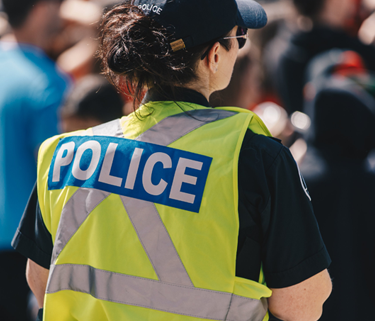
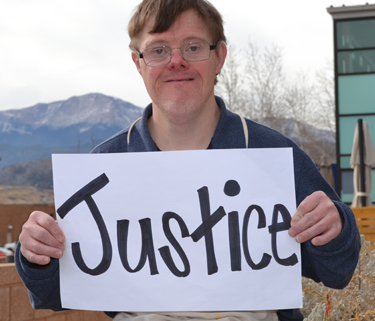
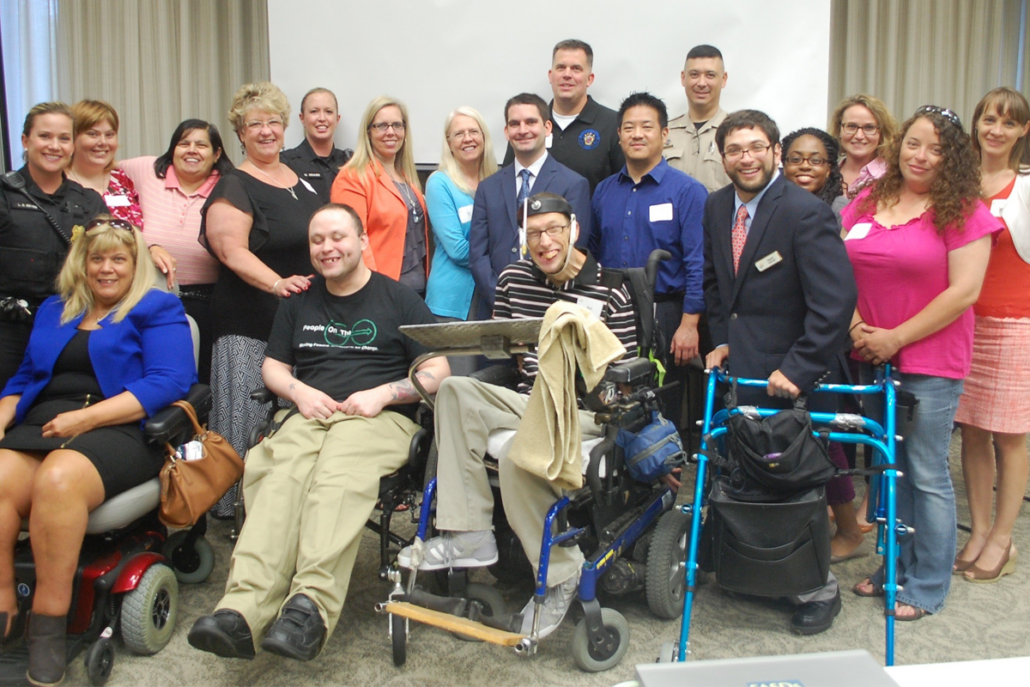
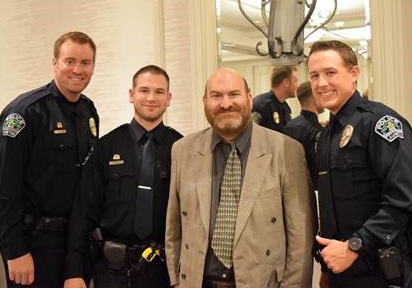
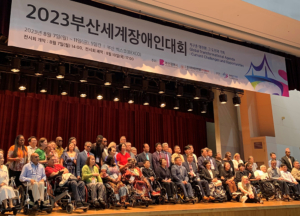 Today, Pathways to Justice remains one of the few IDD-specific programs in the US. It has reached over 2,000 stakeholders in over 12 states and has created Disability Response Teams around the country, creating sustainable change.
Today, Pathways to Justice remains one of the few IDD-specific programs in the US. It has reached over 2,000 stakeholders in over 12 states and has created Disability Response Teams around the country, creating sustainable change.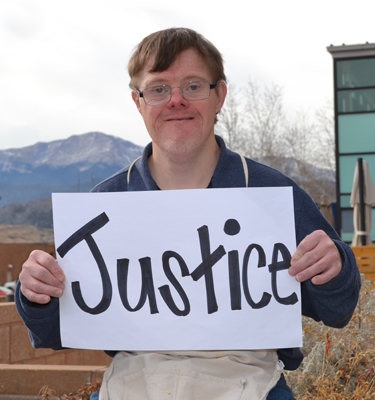 NCCJD’s programmatic work must evolve and remain innovative as we seek to reform a criminal justice system that too often remains unaware of the unique needs of the IDD community. We are revisiting our strategic plan and the Pathways program to include the most up-to-date research, best practices in curriculum delivery, and effective ways to incorporate a lens of intersectionality by grounding the work in a disability justice framework. The updated Pathways will include a more robust technical assistance program focused on helping DRTs set achievable goals to begin a community’s path on sustainable change.
NCCJD’s programmatic work must evolve and remain innovative as we seek to reform a criminal justice system that too often remains unaware of the unique needs of the IDD community. We are revisiting our strategic plan and the Pathways program to include the most up-to-date research, best practices in curriculum delivery, and effective ways to incorporate a lens of intersectionality by grounding the work in a disability justice framework. The updated Pathways will include a more robust technical assistance program focused on helping DRTs set achievable goals to begin a community’s path on sustainable change.
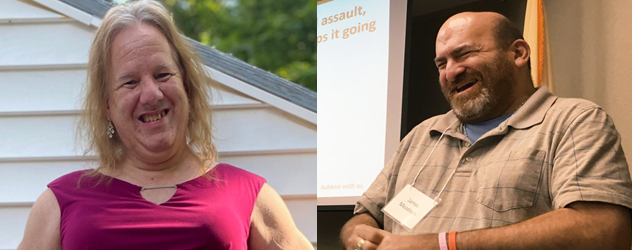
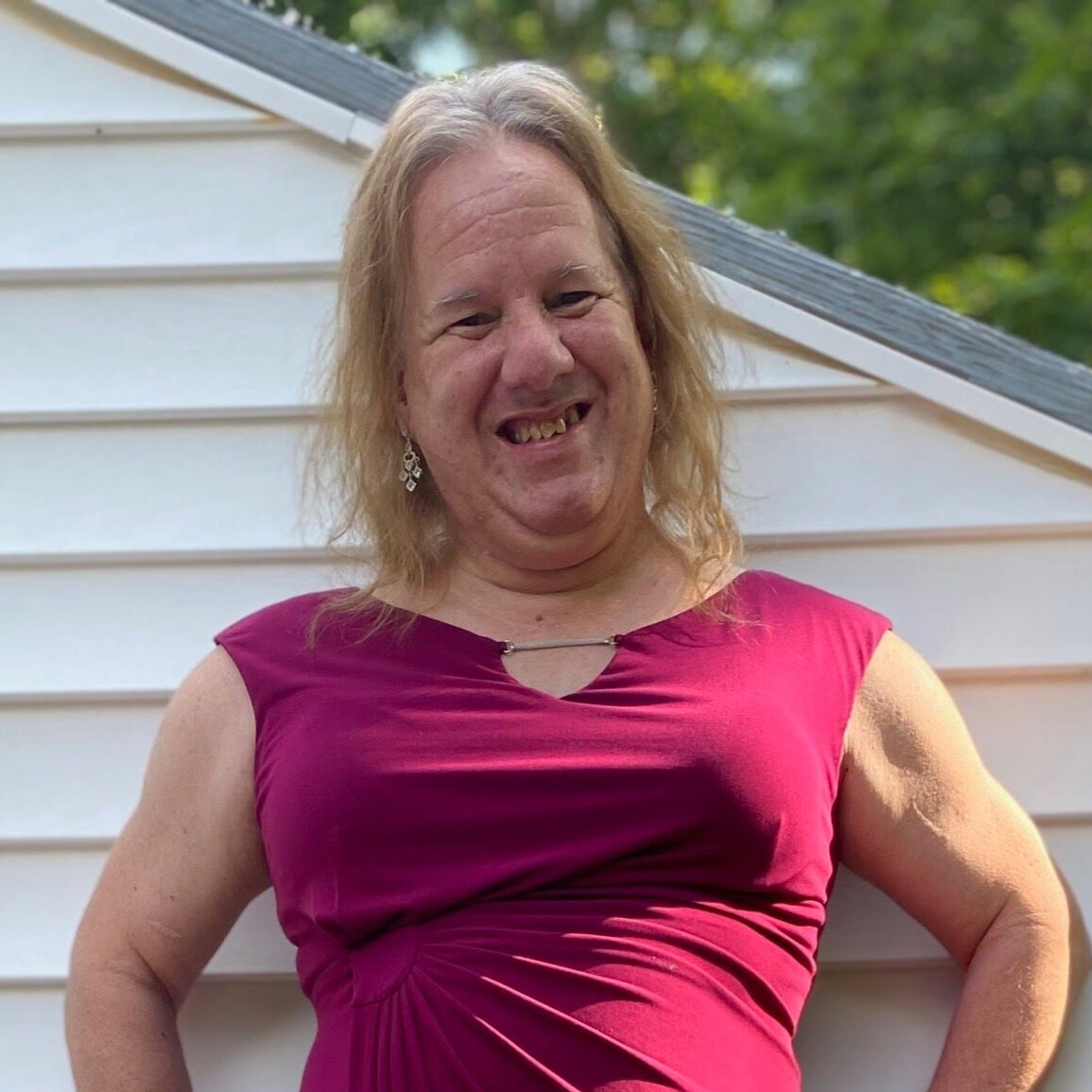
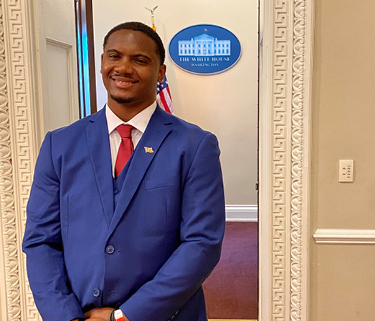
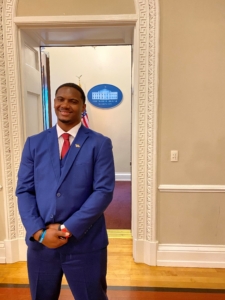
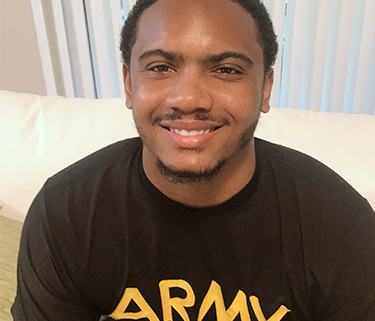
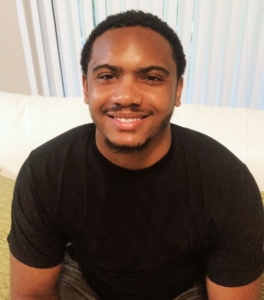 In 2010, Neli Latson was an 18-year-old special education student with autism who was sitting on a bench outside his neighborhood library waiting for it to open. Someone called the police reporting a “suspicious” Black male, possibly with a gun. Neli had committed no crime and was not armed, but being a young Black male with autism, he would soon experience the tragic results of a system stacked against him.
In 2010, Neli Latson was an 18-year-old special education student with autism who was sitting on a bench outside his neighborhood library waiting for it to open. Someone called the police reporting a “suspicious” Black male, possibly with a gun. Neli had committed no crime and was not armed, but being a young Black male with autism, he would soon experience the tragic results of a system stacked against him.